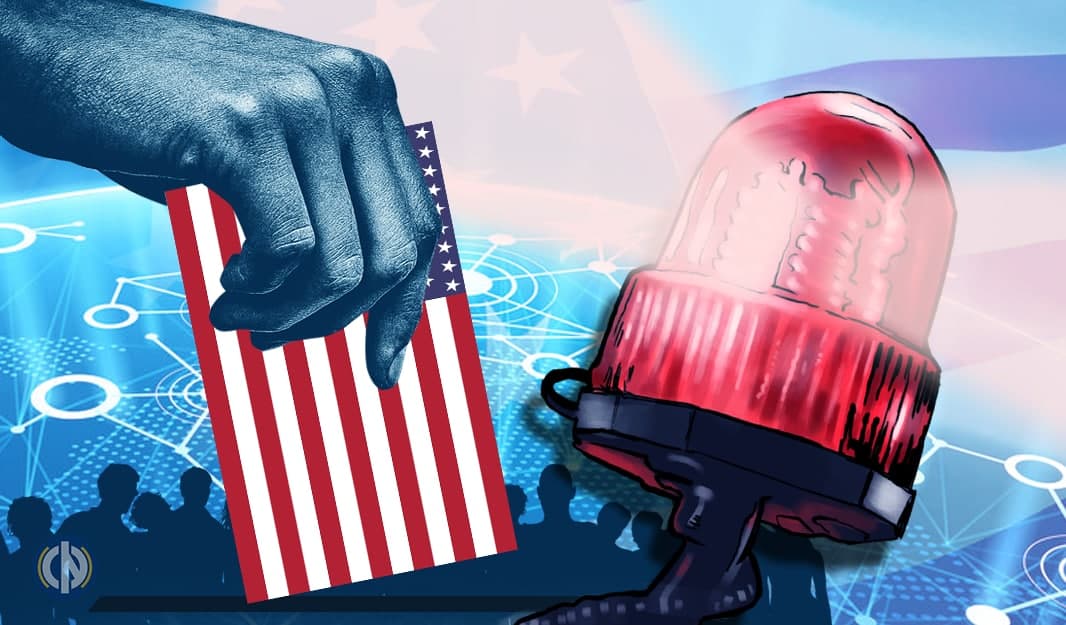Researchers have been warning about the dangers of blockchain voting, but the blockchain voting companies have assured us that blockchain voting is safe.
In February, researchers from MIT have released a paper claiming that Voatz allowed “different kinds of adversaries to alter, stop, or expose a user’s vote.” Voatz CEO retorted to the paper by saying it was “riddled with holes.”
Earlier this week, MIT scientists released a new draft of a paper with a broader scope, asserting that blockchain voting technology is inclined to “nation-scale” failures. The CEO of Votem, Pete Martin said that the paper doesn’t hold up.
He continued by saying that the MIT scientists are too focused on the “ideal world of voting.” “As an academic, you can talk about all the potential issues with any kind of system, any kind of a process,” he said. “But there’s a real-world that’s out there.”
Martin aimed several of the paper’s assertions, which boiled down to concerns about the ballot secrecy, software independence, the ability of ballots to be verified by voters, contestability, and auditing.

When it comes to ballot secrecy, Martin stated, “To be fair, [neither] us nor any of the other blockchain voting vendors use blockchain as the sole security technique to prevent any nation-state attacks.” He claimed that blockchain, when combined with other security measures, could deliver a safe voting system.
As for verification, Martin noted, “[The researchers] believe that a hand-marked paper ballot is the most voter-verifiable type of ballot. The problem is there’s a concept in voting called the chain of custody.” But, he said, “The minute you drop it in the mail, the minute you drop that in a pull box, you have lost chain of custody.”
He continued: “And so the vast majority of ballots that went through the system in 2020 did not have true end-to-end voter verifiability. And blockchain does provide that capability.”
The government of West Virginia ditched the app in the wake of MIT’s February report. Voatz later filed an amicus brief with the US Supreme Court debating that unauthorized security research should be classified as computer fraud.
Unlike Voatz, Votem hasn’t yet entered the world of politics; the app’s website lists private elections and online fan voting among its potential use cases and pitches Votem on a lesser scale.





No Comment